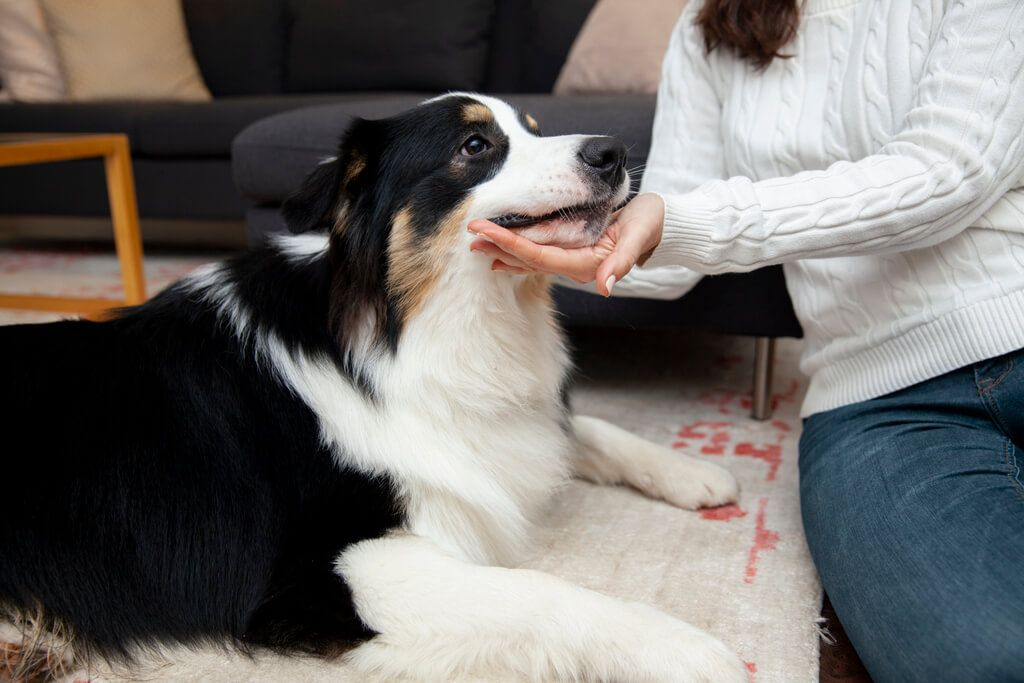If you’re thinking about how long of time fish can live without food, then the solution is contingent on the kind of fish they are, the environment that surrounds them, and their overall health. In general:
- Aquarium fish can last three to seven days in a day without eating, and certain species with a strong immune system can last for up to two weeks.
- Tropical fish can typically last at least a week; however, they need steady conditions in the water.
- Pond fish like koi or goldfish can live for weeks without food, particularly during the colder months, when their metabolism slows.
What’s the best solution? If you’re planning to go away for a couple of days the majority of fish will be okay without food. However, if you’re planning to take for a long-term trip, think about the use of a holiday fish feed or an automated feeder to ensure that they’re well-nourished. The proper planning will help your fish stay healthy even if you’re away.
Table of Contents
For what length of time can fish live without food?
Many owners of fish worry about feeding their fish without food They are left thinking, “how long can fish live without food?” The answer will depend on the nature of the size, species metabolism, size, and the conditions of the water.
How Much Time Various Fish Can Spend Without Food
- Tropic fish (Betta, Guppies, Tetras and more.)
- How long can tropical fish survive without food? The majority of tropical fish can go between 4 and 7 weeks without food. Certain species that are hardy, such as Bettas can last up to two weeks however, their health can decline in the absence of proper nutrition.
- Aquarium Fish (Goldfish, Angelfish, etc.)
- If the conditions for water are steady, for how long will fish survive without food? The majority of fish in aquariums can last for a week or more, but their energy levels can be reduced if they are indefinitely without food.
- Pond Fish (Koi, Goldfish, etc.)
- How long can koifish survive without food? Goldfish and Koi fish can live for months without food, but this is especially true during winter, as their metabolism slows. In colder months, they go into semi-hibernation and do not require food.
- Saltwater Fish (Clownfish Tangs etc.)
- Saltwater fish typically require regular feeding because of their rapid metabolism. Although some species can go for up to a one week with no food intake, other species may struggle for three to five days.
Factors Affecting Food-Independent Survival
- The temperature of the water: Fish living in warmer waters require more food due to their metabolism being quicker.
- Size and Types: Smaller fish burn energy more quickly and require frequent meals.
- Healthy Condition: A properly fed and healthy fish is able to go for much longer in a trance without food compared to sick or weak fish.
Although some fish can go for prolonged periods of time without eating but regular food intake is essential to their overall health. If you’re planning to travel for more than the duration of a week you should consider feeding your fish with an automated feeder or a holiday feed for fish to make sure they are well-nourished.
How Frequently Should Your Fish Be Fed?
The proper feeding of your fish is as crucial in knowing the length of time the fish live without food. Fish can go for a number of weeks without food, ensuring an eating schedule that is regular keeps them well-nourished and active.
General Feeding Guidelines
- Tropic fish (Guppies, Bettas, Tetras and more.)
- Feeding once or twice a each day, in smaller portions.
- Insufficient food intake can cause uncooked food items to degrade, leading to a poor quality of water.
- Goldfish & Koi Fish
- Goldfish should be fed one or twice daily, and Koi require adjustments to their feeding schedules during the season.
- In warmer temperatures, Koi fish consume more frequently, however in winter they require minimal or no food since their metabolism slows.
- Saltwater Fish
- Most saltwater fish require at least two or three small meals per day dependent on the species they are in and their diet.
- Certain predatory fish might take a small amount of food every couple of days but require larger amounts.
- Bottom Feeders (Catfish, Plecos, etc.)
- Feed algae wafers or sinking pellets wafers daily to ensure they are getting sufficient nutrients.
- Be aware that they frequently take leftover food that was discarded by other fish.
How to Adjust Feeding Based on Age & Size
- Younger fish require more frequent re-feeding due to their rapid growth and burn more energy.
- Adult fish with larger sizes can
- live for longer periods without food, and they do very well with a strict feeding schedule.
What If You’re Away?
If you’re planning a trip the fish you catch could be okay for a few hours without food. But for longer trips, consider:
- Automated feeders – They dispense food in a predetermined time.
- Fish feed for the holiday season Blocks of food that release slowly designed to supply nutrition for a number of days.
- A neighbor or friend – If you’re away for longer than a week somebody feed the fish in accordance with the set timetable.
Fish can live in a dry environment short time, constant and balanced food intake ensures their health over the long haul.
Choosing the Right Food for Your Fish
Making sure you feed the correct food is as crucial as the frequency it is that you provide your fish with food. A balanced diet will ensure excellent health, vivid colors and robust immunity. If you’re asking yourself what length of time fish be without food? The answer is not only based on the frequency of feeding, but as well on how nutritious their food is.
Types of Fish Food for Different Seasons & Needs
- High-Protein Foods for Warm Weather
- In warmer weather they have a greater metabolism and require energy-rich food.
- Feed pond and tropical fish-based food items like the brine shrimp, insects as well as high protein pellets.
- Wheat-Based & Low Protein Diets for Cooler Months
- When temperatures fall and fish are less hungry, their metabolism slows.
- Give wheat-based foods that are easy to digest, assisting the body transition to winter.
- Winter Fasting – No Food in Cold Temperatures
- A variety of pond fish, including goldfish and koi, can go for weeks without food in winter as their bodies are in a semi-hibernation mode.
- If you feed them with cold water may cause digestive problems So it’s recommended to stop feeding if temperatures fall below 50 degF (10degC).
Special Feeding Considerations
- Pellets are different from. Flakes Pellets sink, and are more suitable for bigger fish, while Flakes flounder and are ideal for smaller surface feeders.
- Frozen and Live Foods The following foods are diverse and are suitable for carnivores and multi-seat fish.
- Vegetable-based Foods: Excellent for herbivore species such as plecos, as well as a few goldfish.
What Happens If Fish Don’t Get Proper Nutrition?
When fish are given poor high-quality food, or stay for too for a long time without food, they might display:
- Sluggish and dull colors
- Insufficiency is weak, leaving susceptible to illness
- A shorter lifespan is due to malnutrition.
The proper nutrition can improve survival rates and makes sure that the health of fish, regardless of whether they’re inside an aquarium or in a Pond.
Conclusion
Knowing how long a fish can be without food is vital to ensure that you are able to keep a responsible keeping fish. While the majority of fish can go without food for a few days or even months, the health of their fish is contingent on a regular feeding regimen as well as water conditions and the need for seasonal care.
If you have to take a trip for a brief time do not worry about your fish. They is probably perfectly fine. For longer trips use holiday food for fish feeders that are automatic or a trusted companion makes sure they’re well fed. Pond fish such as koi could be without food for long periods of time, especially during winter, as their metabolism slows.


